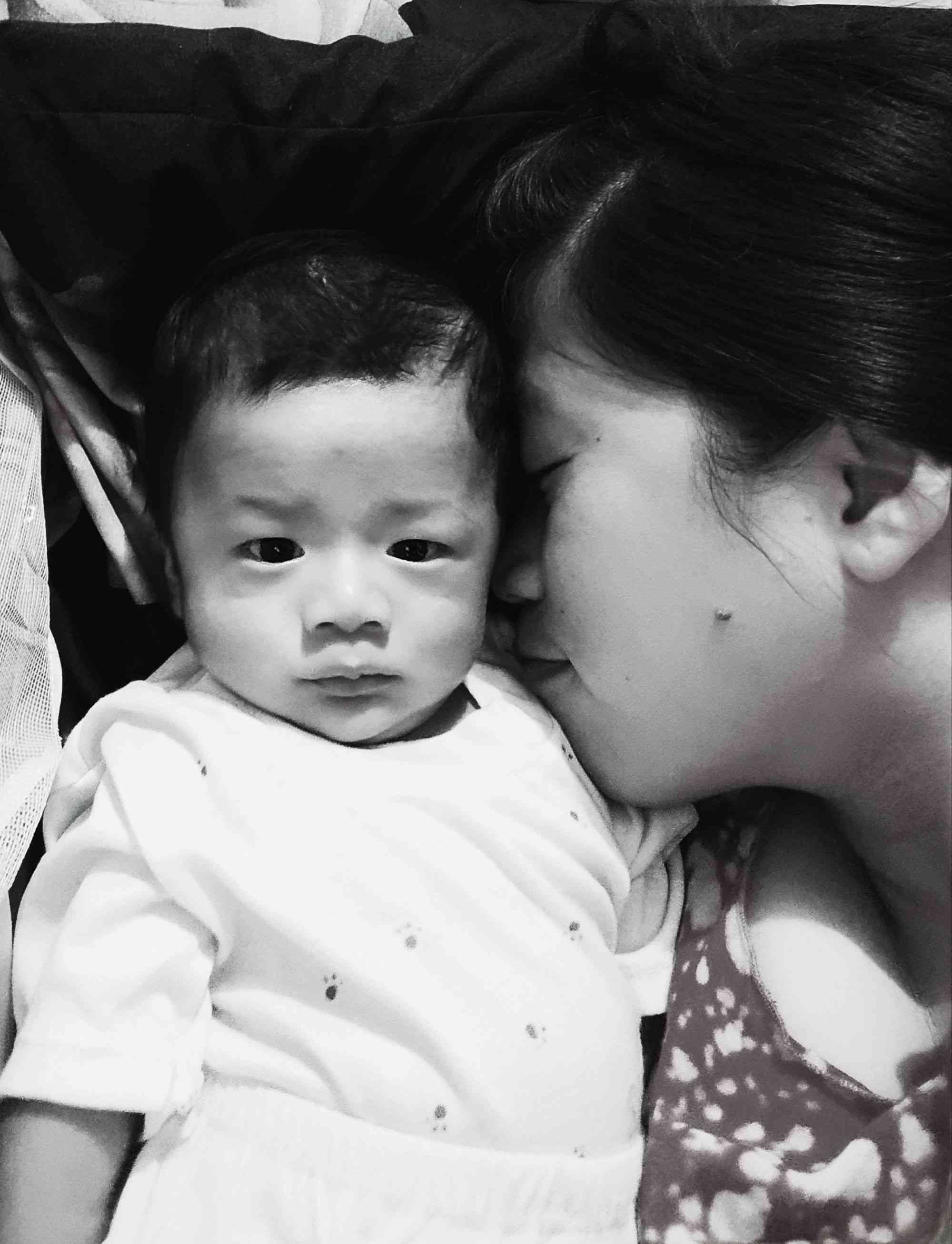The Failing and Obsolete System of African Parenting
In the typical African home, a child has no privacy. This eliminates all possibility of the existence of mutual trust.

Once upon a time, yours truly was opportune to be within the earshot of an argument between my grandmother and an elder cousin of mine. The former had wittingly converted to personal use a piece of jewelry belonging to the latter and was being confronted about it. A specific statement that struck throughout the argument was the one my grandmother employed to lay claim to the item in dispute. That she “owned” my cousin and by proxy owned whatever possessions she had. As illogical as this statement may seem interesting, it was strongly backed by older members of my family. (article continues below)

This is the case in a typical average African home. An extreme sense of possession over the lives and even possessions of younger members of the nuclear and extended family, even in adulthood.
The upbringing of a child in the African setting falls way beyond the threshold of his/her biological parents. Extended family members, friends of the family and even random strangers have a degree of input with regards to decisions which are made in shaping the life of the child. I would have described this system as efficient had I been born upwards of the 1980's. The introduction of the internet and the level of exposure of the much younger generation has revealed that parenting is no longer strictly a black or white scenario, but one that is froth with several shades of grey, thus rendering the system totally inapplicable.
In the typical African home, a child has no privacy, not because there is no room for it, but for the fact that they simply do not have the rights for it. A scenario of such is when a father who gains entry into his daughter's room without a prior knock or notice will casually counter any protests to his actions by asserting that she lives in his house and will only find any privacy she seeks whenever she can provide a roof over her head. The level of intrusion illustrated in this scenario is not restricted to personal or physical space. Bags, books, phones, laptops, and even diaries are subject to random checks carried out at the discretion of parents. Experts suggest that little actions such as knocking before gaining entry to rooms or personal spaces, asking before checking school bags etc, help to build trust and create reasonable boundaries where necessary. [1] However, snooping through phones, reading diaries and private emails should be avoided as they only encourage a child to be more withdrawn and secretive. And this eliminates all possibility of the existence of mutual trust.

A recurring decimal that existed in early African households was the extreme rate of polygamy and a large number of progeny. Reason for this was to have adequate and free labor to till farmlands, being that agriculture was the major source of income and feeding. Modern times have seen polygamy diminished to its barest minimum, even in Africa, as well as a decrease in the rate of reproduction. The ideal of free labor has not been vanquished. Children are given tasks beyond regular household functions and receive very little or no monetary compensation. Extreme case scenarios see essential parental duties like feeding and payment of tuition wagered against their will to engage in such tasks. In other words, a child may be asked to work as a waiter in the family restaurant or bar business or else the parents would forfeit the payment of his/her tuition. Children should be paid for tasks and jobs that take them out of their comfort zone, the home. It not only increases motivation to work but develops their financial awareness and teaches the concept of working to earn money, rather than expecting handouts from parents and friends. And in situations where money gifts are given to children, the best course of action will be to leave such monies to the child in question, for older kids, or to put it into a trust, for the younger ones. The reverse is the case in an African home, where such monies are immediately collected and converted to personal use, especially by mothers.

Argument is a basic part of human interaction. The continuous back and forth exchange of ideas and individual philosophy is a good brain exercise for both parties involved. Between parents and offspring it is a time when a lot is learned, bonds are strengthened and boundaries are developed. But such does not exist in an African home. Parents only apply logical thinking when it works in their favor and immediately label any attempt to apply the same logic when the tables are turned as disrespect. It is an accepted norm that an African elder can do no wrong, even when it is obvious that they are wrong. It is fruitless to engage them in an argument because the unrelated factor of age difference is always put in play as sole leverage to stifle any opposing argument. More dumbfounding is the fact that African parents, most often than not, do not practice what they preach, as children are severely punished for actions and habits are sometimes learned from parents. Case scenario is when a child caught smoking is punished by a smoker father while he is smoking himself while the said punishment is being served. Children are reflections of their environment and portray whatever they see and perceive before developing a sense of good or bad. The reasons for such irrational behavior can be narrowed down to poverty and lack of exposure on the part of the parent, seeing that families that dominate the use of this system fall below the poverty line and/or belong to a group of people that have never ventured away from their immediate community.
The African system of parenting creates a more of a master and servant relationship rather than the cordial parent and offspring one that normally should exist. Whenever parents begin to see the task of providing food, shelter, clothing and education as duties and not favors to the children, then and only then will change begin to occur.
Editors Pick:

Reference:


